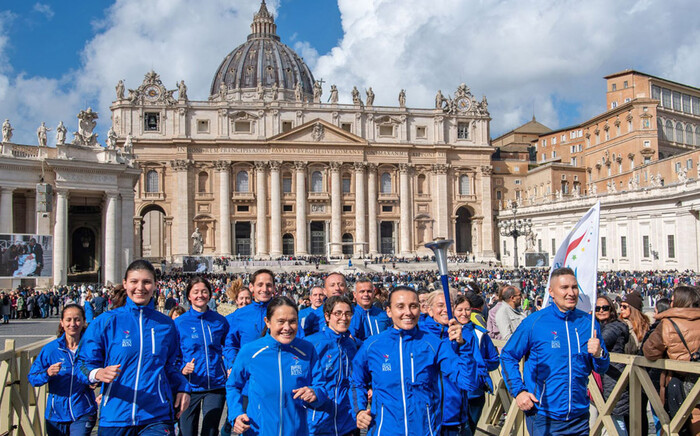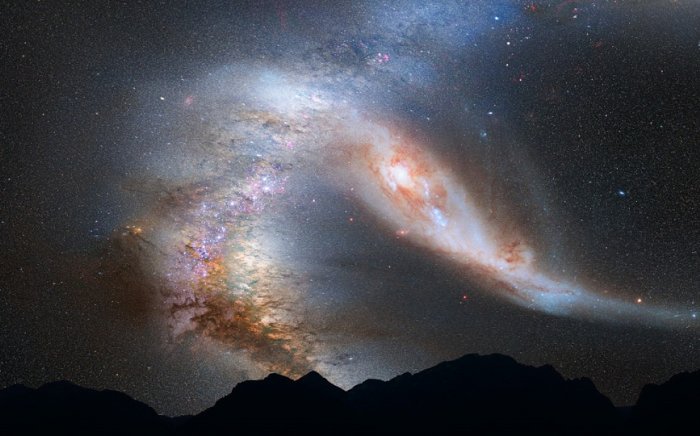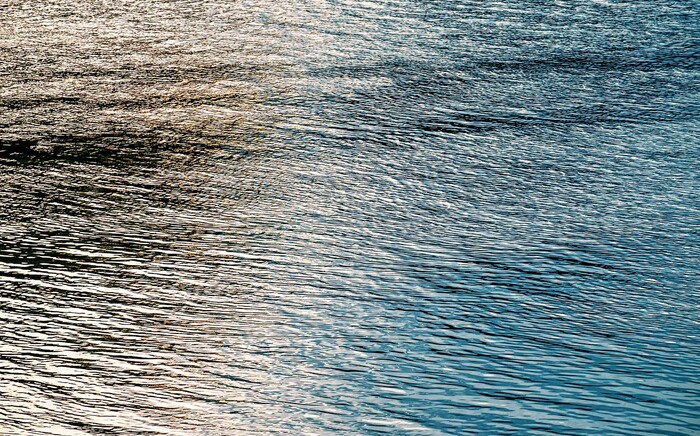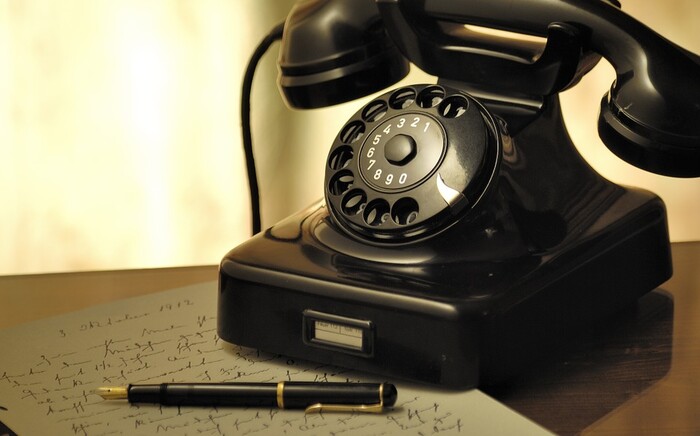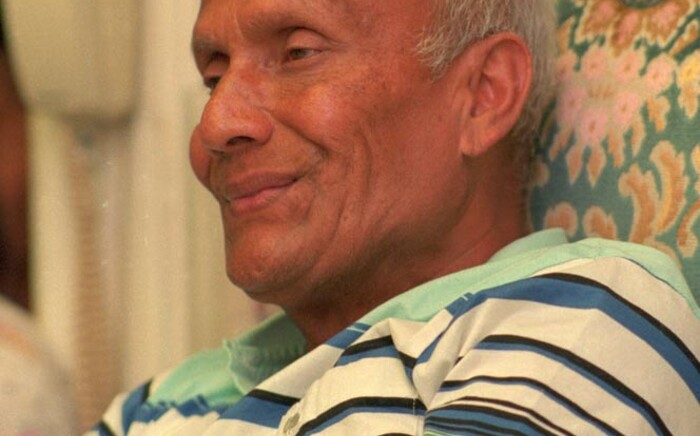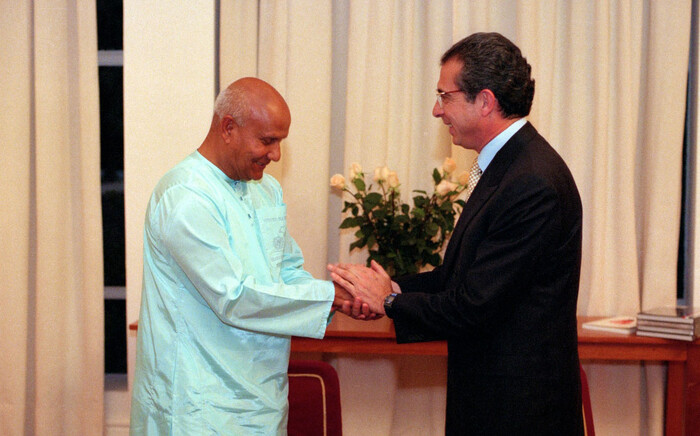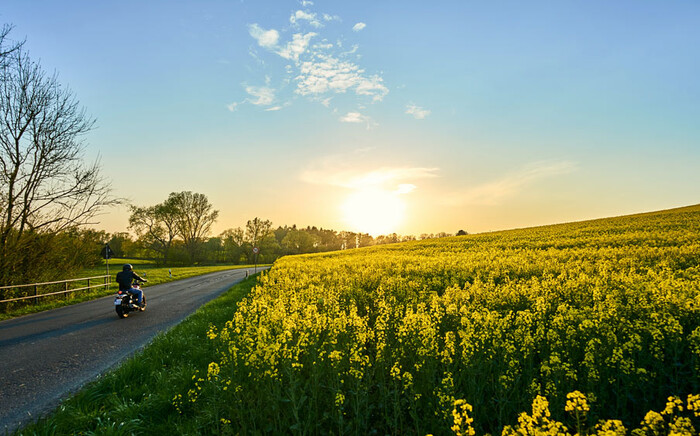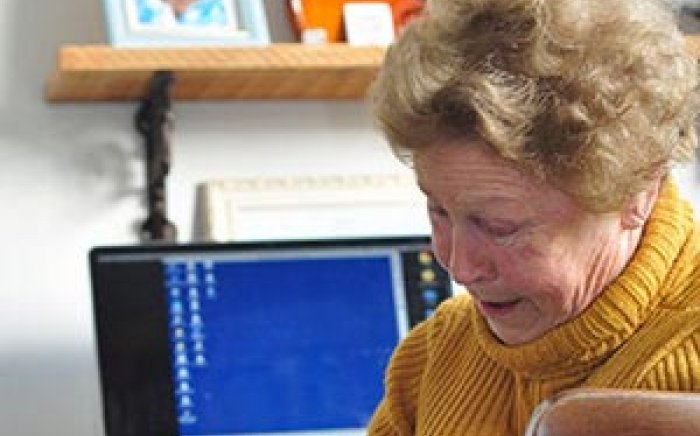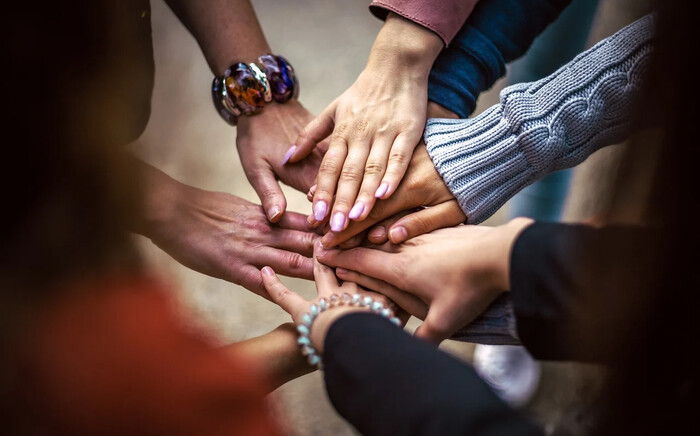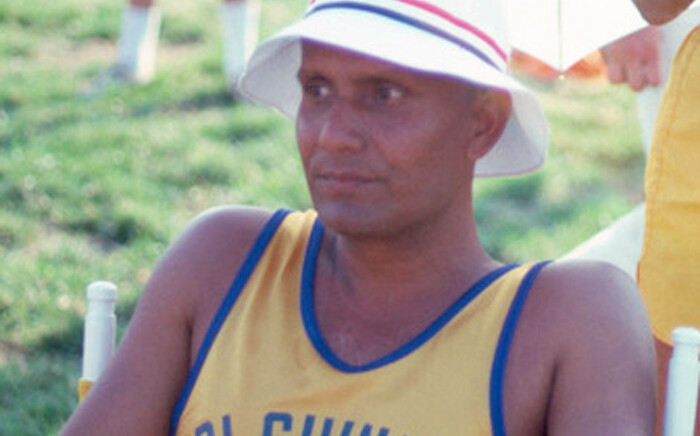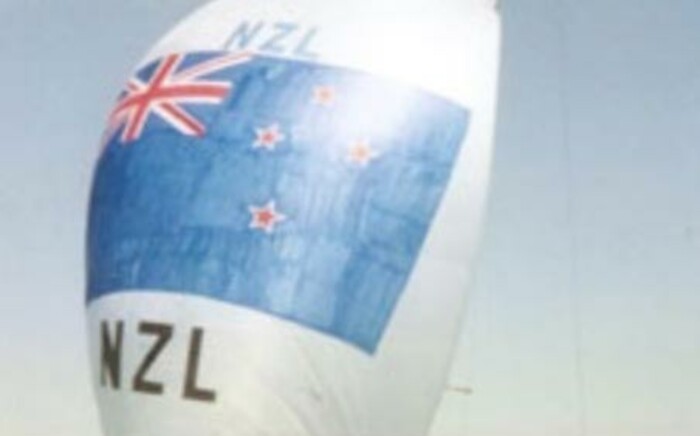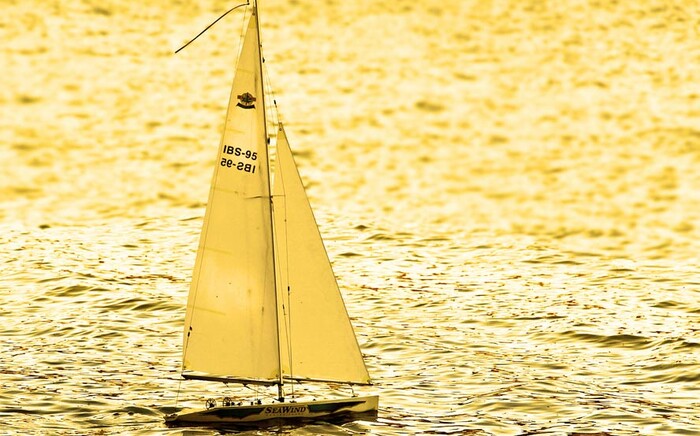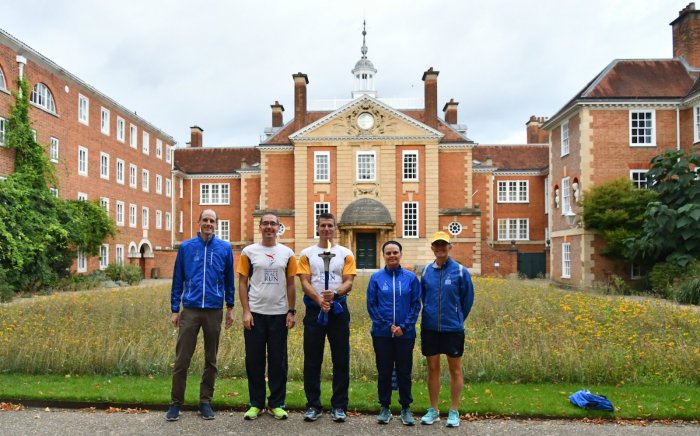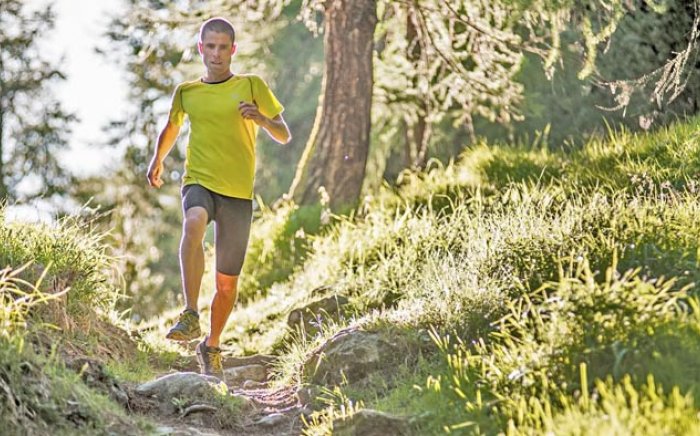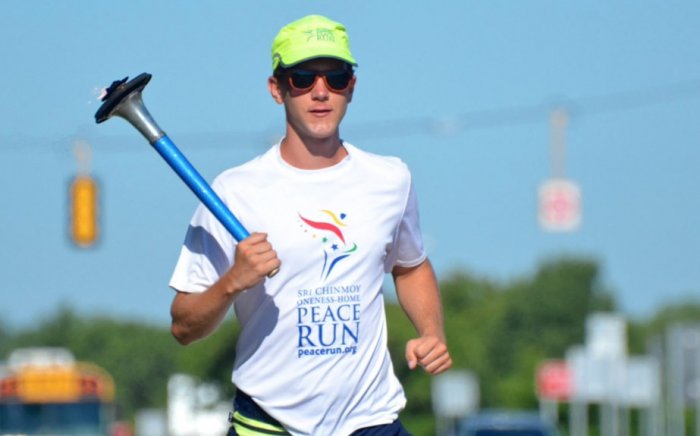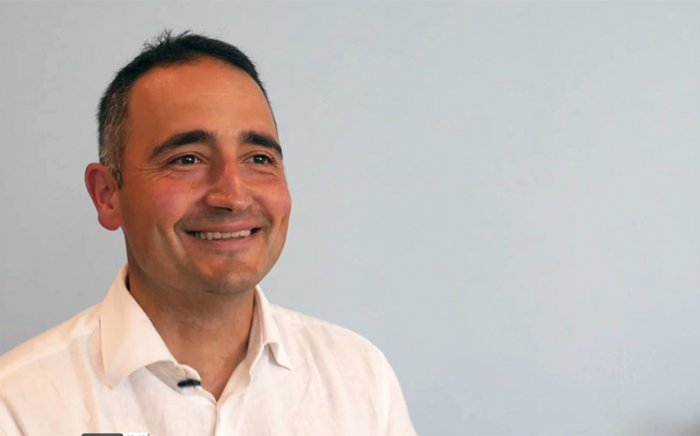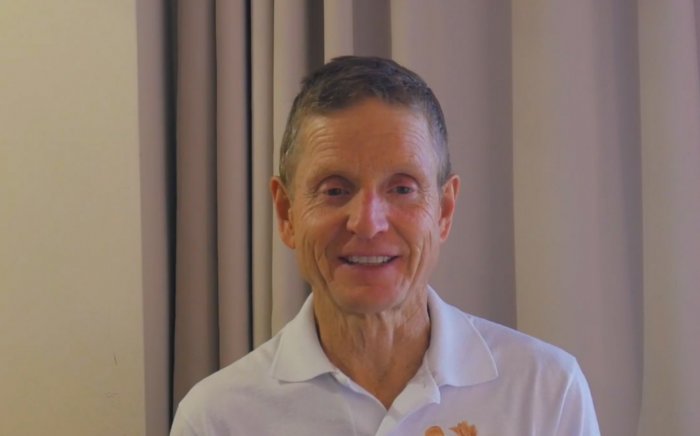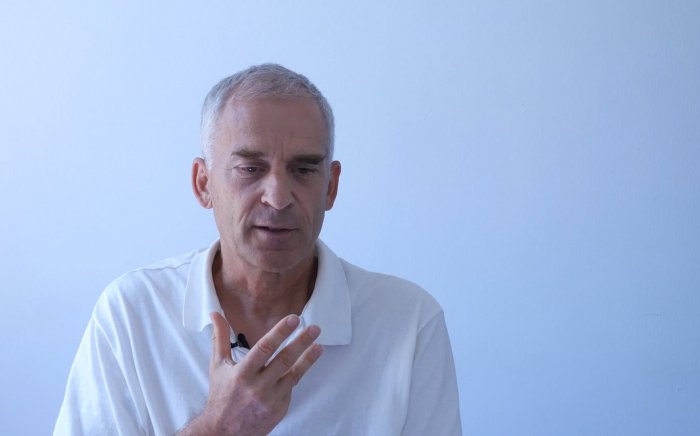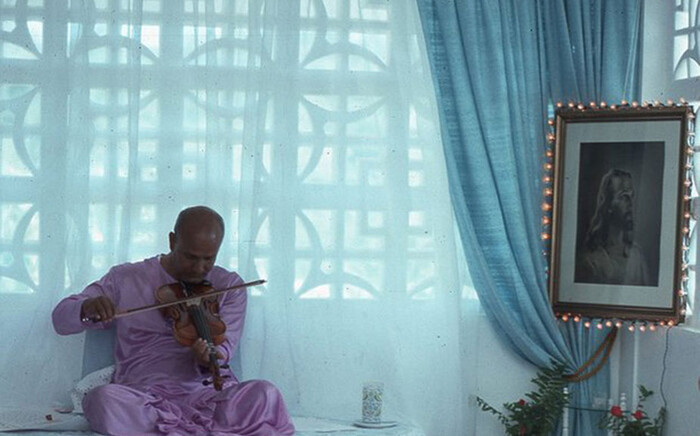Perhaps the most inspiring ultra-marathon in New Zealand is the Te Houtaewa Challenge. It is a sixty kilometre (37 mile) race along the broad expanse of a long beach - Te-Oneroa-o-Tohe (also called Ninety Mile Beach). This beach is in the Far North - a remote area of relative poverty and rural simplicity. The race is organised not by a running club, but by the local tribe of Maori. It commemorates an event in the legendary past of their tribe.

Te Houtaewa was the fastest runner of his day. Once when his mother was preparing a hangi (earth oven), she asked Te Houtaewa to fetch kumara (sweet potato) for her to cook. Instead of going to the nearby gardens, Te Houtaewa ran to Ahipara at the southern end of Te-Oneroa-a-Tohe (Ninety Mile Beach) and stole kumara from the storehouses of the Te Rarawa people who lived there. He then evaded pursuit and ran back up the beach with the kumara, reaching home as his mother had the hangi ready. This exploit inevitably led to conflict between the people of Ahipara and Te Houtaewa's tribe.
In 2004, runner Barney McBryde participated, for the 4th year, in the Te Houtaewa Challenge sixty kilometre race. He wrote the following account to his brother.
Dear Michael,
Remember the nineteen-seventies and the choir you always called "the singing midgets" and how their sweet children's voices would ring around the dull, brick walls of "Our Lady of Perpetual Succour" church?
"Spirit of God in the clear running water
Blowing to greatness the trees on the hill.
Spirit of God in the finger of morning:
Fill the earth, bring it to birth,
And blow where you will.
Blow, blow, blow till I be
But the breath of the Spirit blowing in me."
We gathered on the beach before sunrise. The headlights of a few vehicles formed a pool of light in the vast gloom. We stood around. We made our final preparations.
The race director appeared with a cardboard carton held in one hand. From it he took, and gave to each competitor, a kumara. There was no explanation. One woman seemed very bemused.
The journalist from London had taken her photos, we gathered at the start line - the archetypal line in the sand.
"We will begin with a prayer, because it will make the day go better," the race director said.
He stood there in his jandals and black singlet, his great paws clasped on his belly, stared at the sand, and the round Maori syllables rolled around the light of our little gathering, calling in the powers of life from the great surrounding dark to bless our undertaking.
Te Houtaewa had run this beach in the days of legend - run from the Bluff to Ahipara, had stolen the kumara and run back. His feat - great though it was - had led to war and to the death of many. Today we would repeat the physical feat - but in the service of peace and oneness. Men and women from around the world drawn together by the challenge. And this year we would carry kumara; we would return the kumara to Ahipara in a reverse of Te Houtawa's act - an act of reparation, of reconciliation, of restitution.
". . . waiho ki tena. Amine." . . . and we ran.
Sri Chinmoy once said:
"While you run, each breath that you take is connected with a higher reality. While you are running, your breath is being blessed by a higher, inner breath. Of course, while you are running if you are chatting with one of your friends about mundane things, then this will not apply. But if you are in a good consciousness while you are running, each breath will connect you with a higher, deeper, inner reality."
Blow, blow, blow till I be . . .
I took the lead in the first hundred metres or so.
Ultra-running can be a grisly business. People slow, shuffle, walk, hunch over, lean to the side... But not today!
I ran smoothly and consistently and fast. I felt an overwhelming sense of poise; a great sense of peace and stillness at the heart of that dynamic forward movement. The sky was grey, the surf was white, the beach a pale brown. There was nobody ahead of me. A few times I turned around - there was nobody behind me. I was alone with the beach slipping ever behind me.
I have on occasion felt myself to be running well, but had at the back of my mind the lurking knowledge that I wouldn't be able to maintain such easy speed for the required distance. No such thoughts today. My legs fly along steadily. Blow, blow, blow till I be . . .
For the first half I did expect Lilac Flay to catch me up. She has won the race ten times; she is a New Zealand record-holder. Eventually even that possibility seemed to disappear, and there was just me and the beach and the sea and the sky and the incorporeal, blowing wind.
I passed the marathon distance in a time fifteen minutes faster than my best marathon time, and carried on steadily to cover the next 20 kilometres.
For sixty kilometres one runs along the great straight expanse of Te-Oneroa- o-Tohe, but as one nears the hills at the end of the beach one crosses a shallow river spreading across the beach and then turns up the width of the beach, across the soft, deep sand and then through the thigh-deep river running along the foot of the sandhills, up the steep sandy bank on the other side, and over the sandhills to the finish line at the Ahipara Domain. It is perhaps 500 metres. As I put my first foot in the water something made me turn, and there at my left shoulder was Lilac Flay - the race was on!
We flew, the sixty kilometres we had already covered forgotten in a mad sprint for the finish - through the soft sand, the deep water, the steep sandhills. In the end I beat her by 18 seconds.
And I beat my previous year's time by over an hour. First place.
For the next two hours I sat in the Ahipara Domain. It is, to me, close to heaven - a few tents, a bit of grass, a few people sitting around. I talked to Lilac, I clapped as the other runners came in. John, my helper, was stuck in the sand on the beach in his car, and after extricating himself went off to wash the brine from his vehicle, so I sat there for two hours waiting, wrapped in the Far North atmosphere - low-key, relaxed . . . genuine.

At the prize-giving, I collected my flax kete (a traditional flax woven bag), my bottle of Northland wine, my t-shirt, my first place cheque for five hundred dollars. I handed over the kumara I had carried down the beach for sixty kilometres tucked in the sleeve of the top I had had tied around my waist. I had done my duty - the kumara were back in Ahipara. I sat on the grass as every participant to the smallest child, the fattest old man who had done the 5 kilometre walk, received a prize.
"We will end with a karakia," the race director said, and the old tohunga came forward and leaned on his staff and began his incantation. I sat there, and from behind my cool, red-tinted, reflective, wrap-around shades; the tears ran down my cheeks.
. . . Blow, blow, blow till I be
But the breath of the Spirit blowing in me.
by Barney McBryde - The Sri Chinmoy Centre of New Zealand.
Photos and details of the race can be found here.
